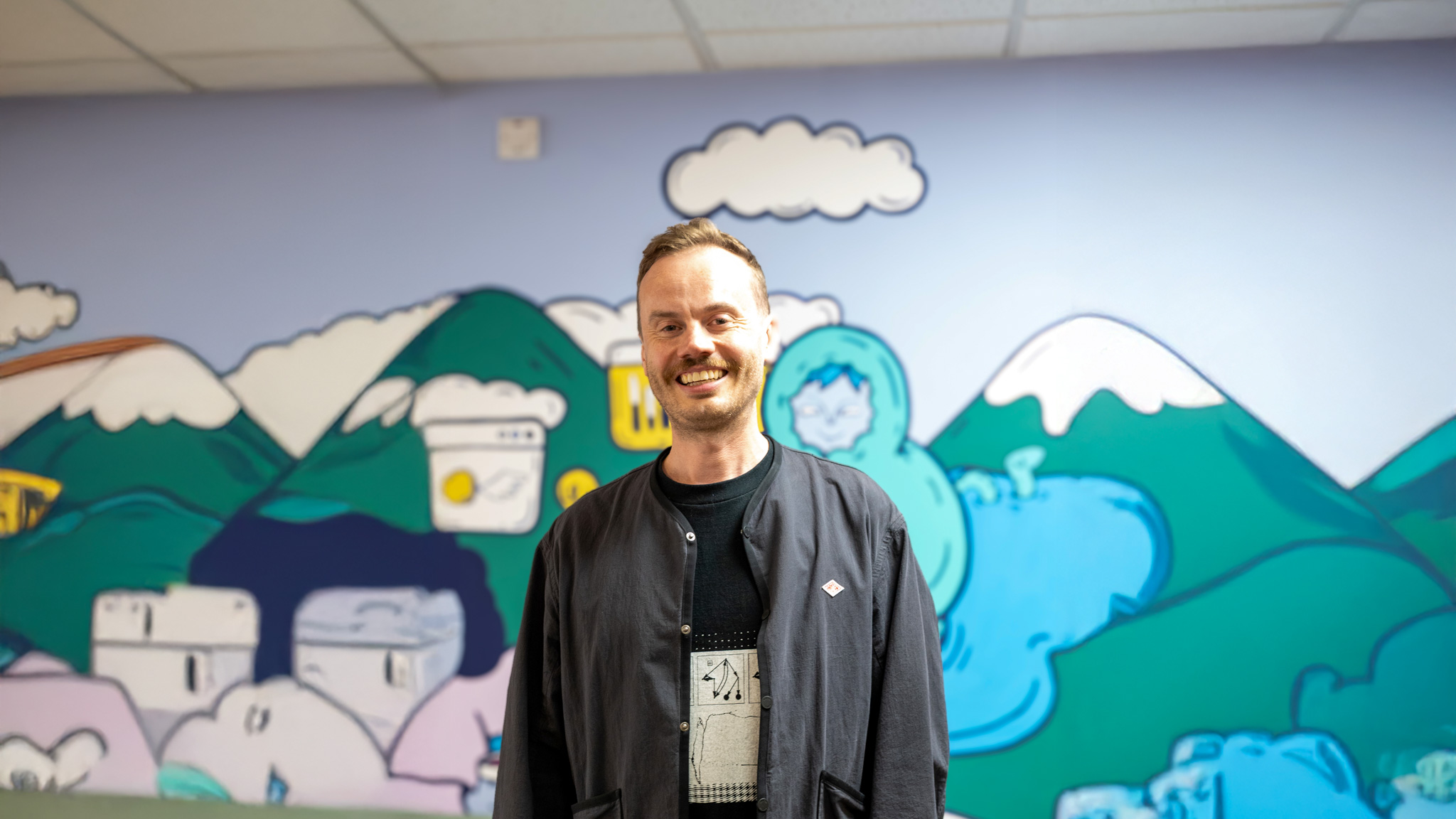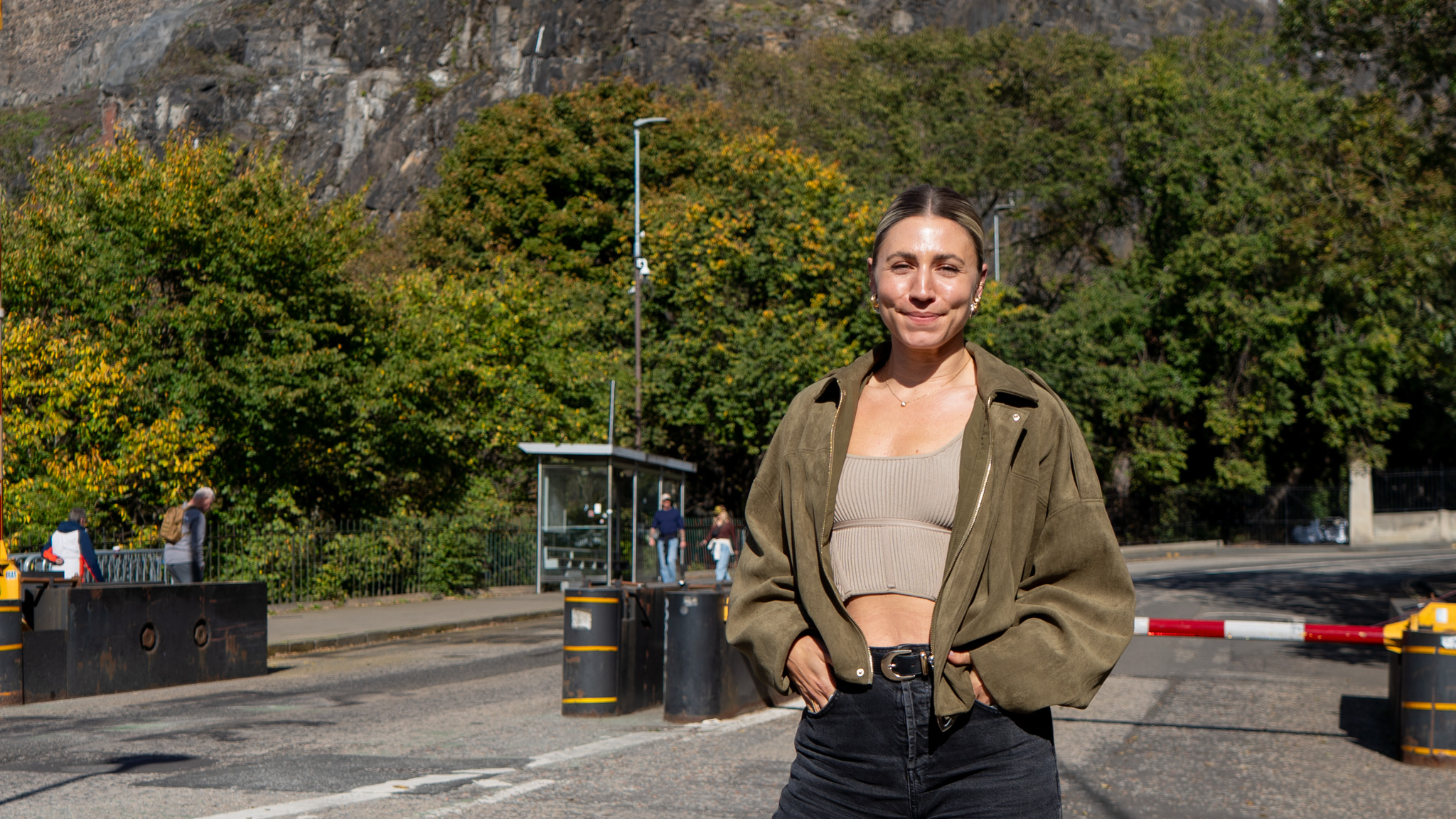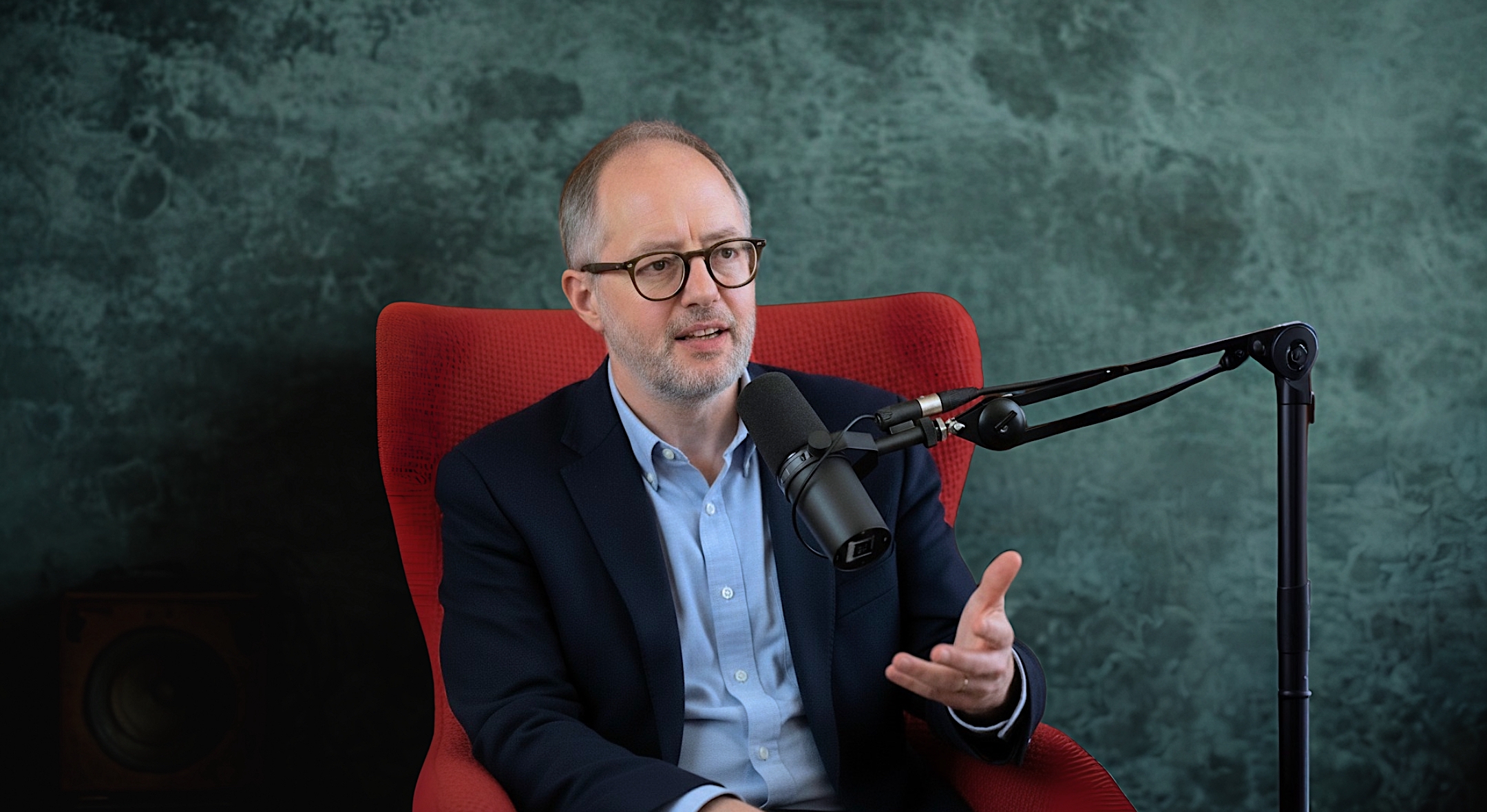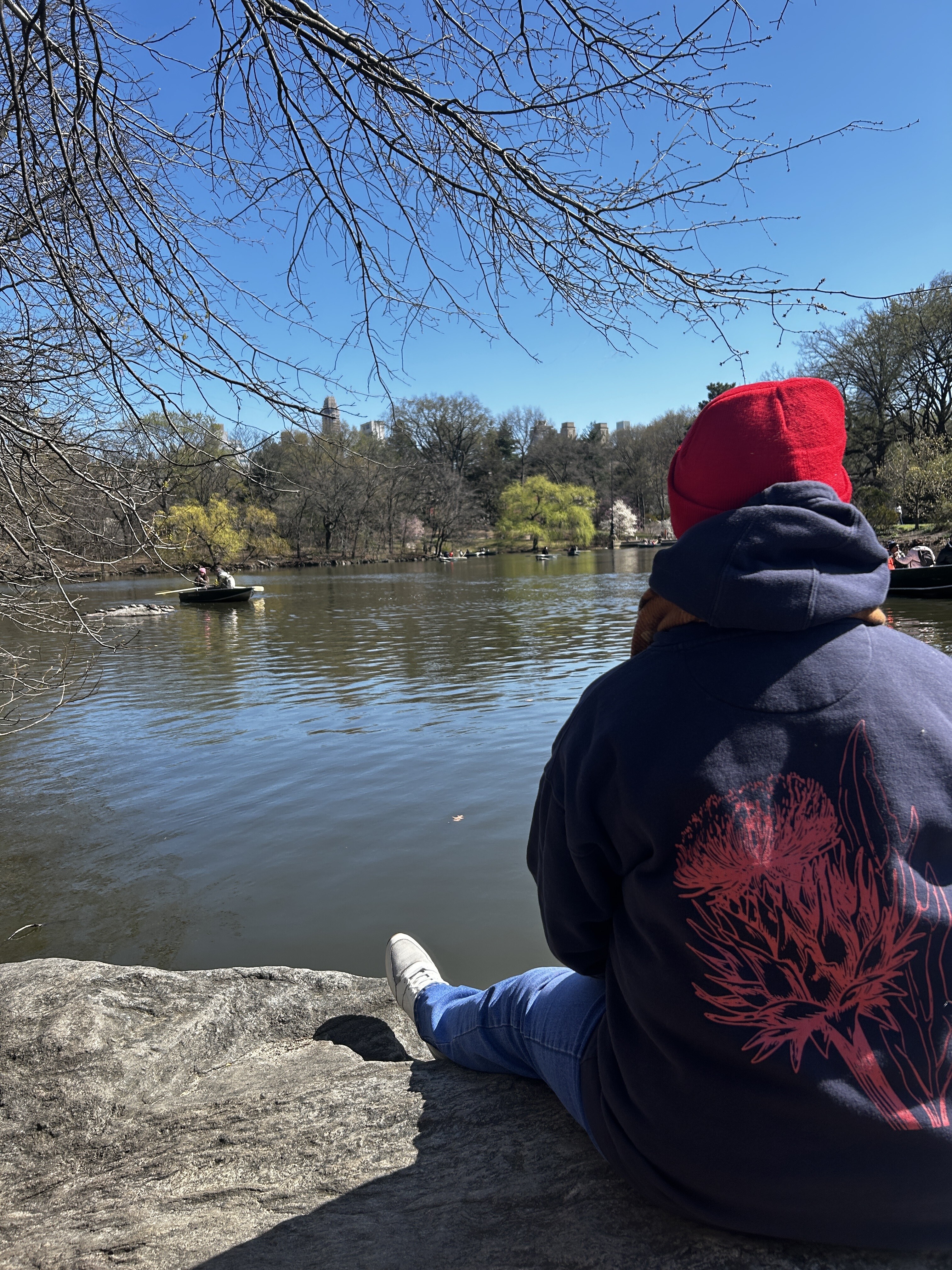Sometimes the biggest business lessons come from the smallest moments. For Natalie Garry, founder of DanceSing, one of those moments happened in a Silicon Valley coffee shop when an American client said something that crystallised her journey: "DanceSing is not a nice to have. It is a must have."
It was validation she'd earned through years of rigorous development in Scotland. In California, that foundation enabled rapid market entry.
Building a Foundation: The Scottish Advantage
DanceSing's UK story demonstrates the power of Scotland's innovation ecosystem. Four years of collaboration with Stirling University produced rigorous research showing measurable health outcomes - depression down 49%, loneliness reduced by 29%. This evidence-based foundation caught the Scottish Government’s attention.
The recognition was substantial: working with every health board in Scotland, training 66 care homes in a comprehensive pilot programme. The outcome validated what the research suggested - officials concluded that every care home in Scotland should have access to DanceSing.
While sustainable funding remained a challenge, the Scottish experience created something invaluable: credible, peer-reviewed evidence that would prove essential for international expansion. "The feedback was that every care home in Scotland should have DanceSing," Natalie recalls, acknowledging the complex realities of public sector procurement.
This foundation work illustrates a key advantage of the Scottish tech ecosystem: the ability to build deep, evidence-based partnerships that create intellectual property and credibility for global scaling.
The American Market: Different Dynamics, Faster Decisions
The US market presented different opportunities. Where Scottish partnerships had been built on careful research and evidence gathering, American senior living facilities were positioned to make quicker commercial decisions.
"The States got that straight away," Natalie explains. "They saw the quality of what we were doing... they will pay a lot more."
Within three weeks in California, DanceSing secured five new US contracts. This speed reflected structural differences: US senior living operates in competitive, privately-funded markets where innovation advantages translate directly to business advantages.
The contrast wasn't about one market being "better" - it was about leveraging different ecosystem strengths. Scotland provided the research foundation and credibility; America provided the commercial scalability and premium pricing that could fuel rapid growth.
The LinkedIn Strategy: Leveraging Authenticity
One practical insight was surprisingly simple: Natalie leveraged her Scottish accent on LinkedIn.
"I'm now using my Scottish accent to try and get people to speak to me. And it's literally working. I'm getting meetings because they're going, 'I can't ignore that accent. It's too charming.'"
She systematically reached out to US facilities through LinkedIn, offering free engagement sessions. The approach worked because it combined genuine value with cultural differentiation.
The lesson: successful international business development often requires playing to your distinctive strengths rather than trying to sound like everyone else.
Building International Infrastructure
DanceSing's expansion reveals another insight: successful international partnerships require local infrastructure. They're not just selling to American facilities; they're building an American team.
"We've made contact with somebody on the east coast who's going to possibly be our sales director... we're looking at a whole system there for selling."
This acknowledges that partnerships across continents aren't just about product-market fit - they're about operational fit. Different markets require different relationship-building approaches and support models.
The Research Advantage
One element that translated powerfully from Scotland to Silicon Valley was DanceSing's research foundation. The university partnership created evidence that American facilities found even more compelling than Scottish counterparts.
"They value the research almost even more than in the UK," Natalie notes. Peer-reviewed studies and statistically significant health outcomes provided credibility that opened doors across both markets.
Research partnerships create assets that travel well internationally. While funding models vary dramatically between countries, peer-reviewed evidence creates common ground for business conversations.
Strategic Timing and Portfolio Thinking
DanceSing approached US markets not as a startup seeking validation, but as an established business with proven outcomes. The Scottish experience provided proof points, research credibility, and refined offerings.
Rather than choosing between markets, they're maintaining both: "We want to maintain these brilliant clients in the UK... but equally, we've got some really exciting opportunities in the US."
This portfolio approach acknowledges that different markets serve different strategic purposes. Scottish partnerships provide stability and validation; American partnerships drive growth and premium pricing.
What This Means for Scottish Founders
DanceSing's journey offers practical frameworks:
Build credibility domestically first, but don't wait for perfection before exploring international opportunities.
Value propositions translate differently. The same outcomes that took years to monetise in Scotland commanded premium pricing in America within weeks.
Leverage your differences. Distinctive characteristics can become competitive advantages rather than barriers.
Think portfolio strategy. Different markets can serve different strategic purposes simultaneously.
Invest in local infrastructure. Remote partnerships have limits, especially in relationship-driven sectors.
The Bigger Picture
DanceSing succeeded internationally because they spent years building genuine value domestically first. The lesson isn't that American markets are "easier" - it's that different ecosystems reward different approaches and value different aspects of the same solution.
For Scottish founders, the question isn't whether to focus domestically or internationally. It's how to build approaches that leverage the unique advantages of different markets while maintaining the relationship quality that makes partnerships sustainable.
Sometimes the path to Silicon Valley really does start with a conversation at an Unfiltered coffee morning in Stirling. The key is knowing when you're ready to make that journey.




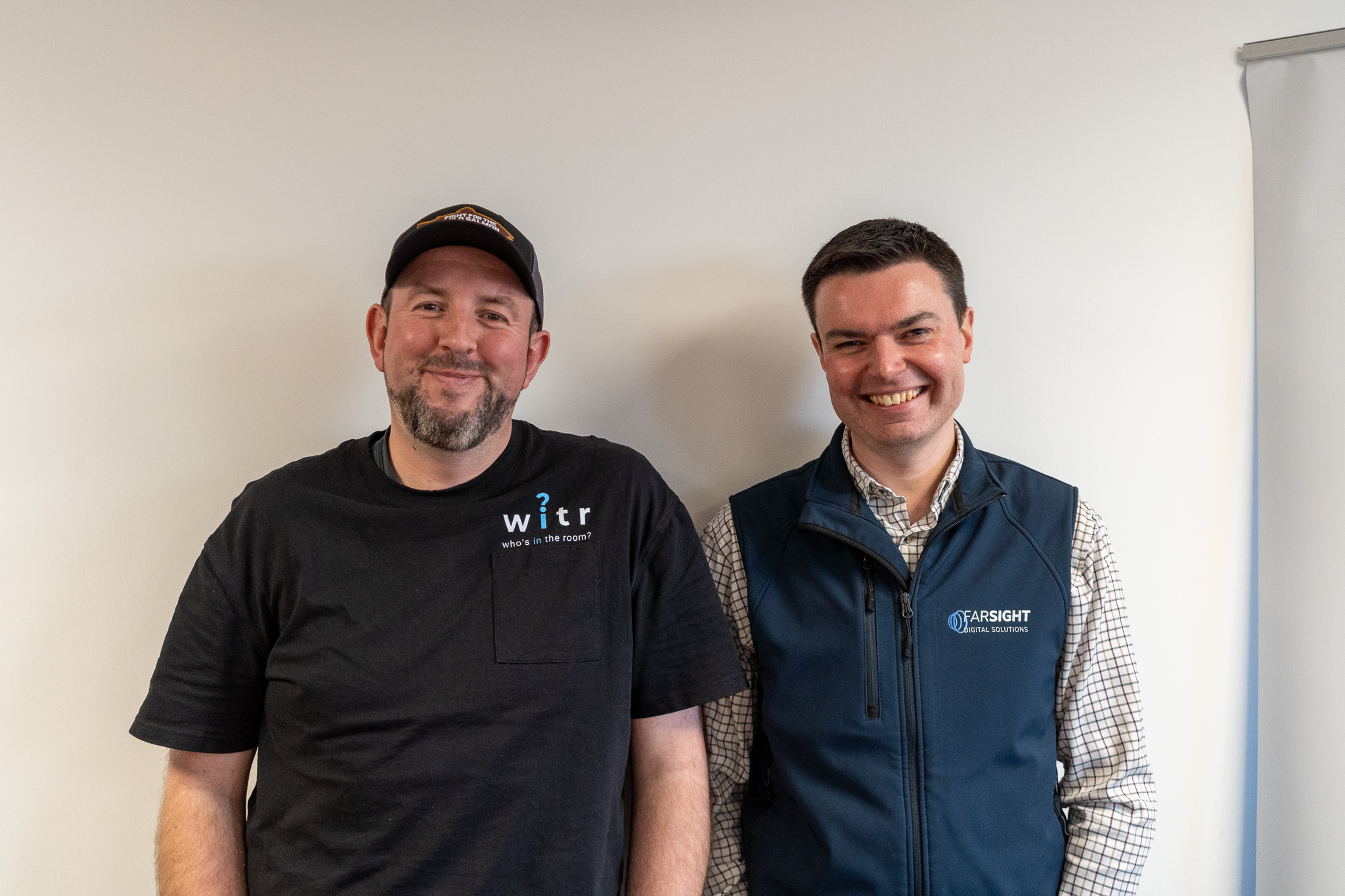

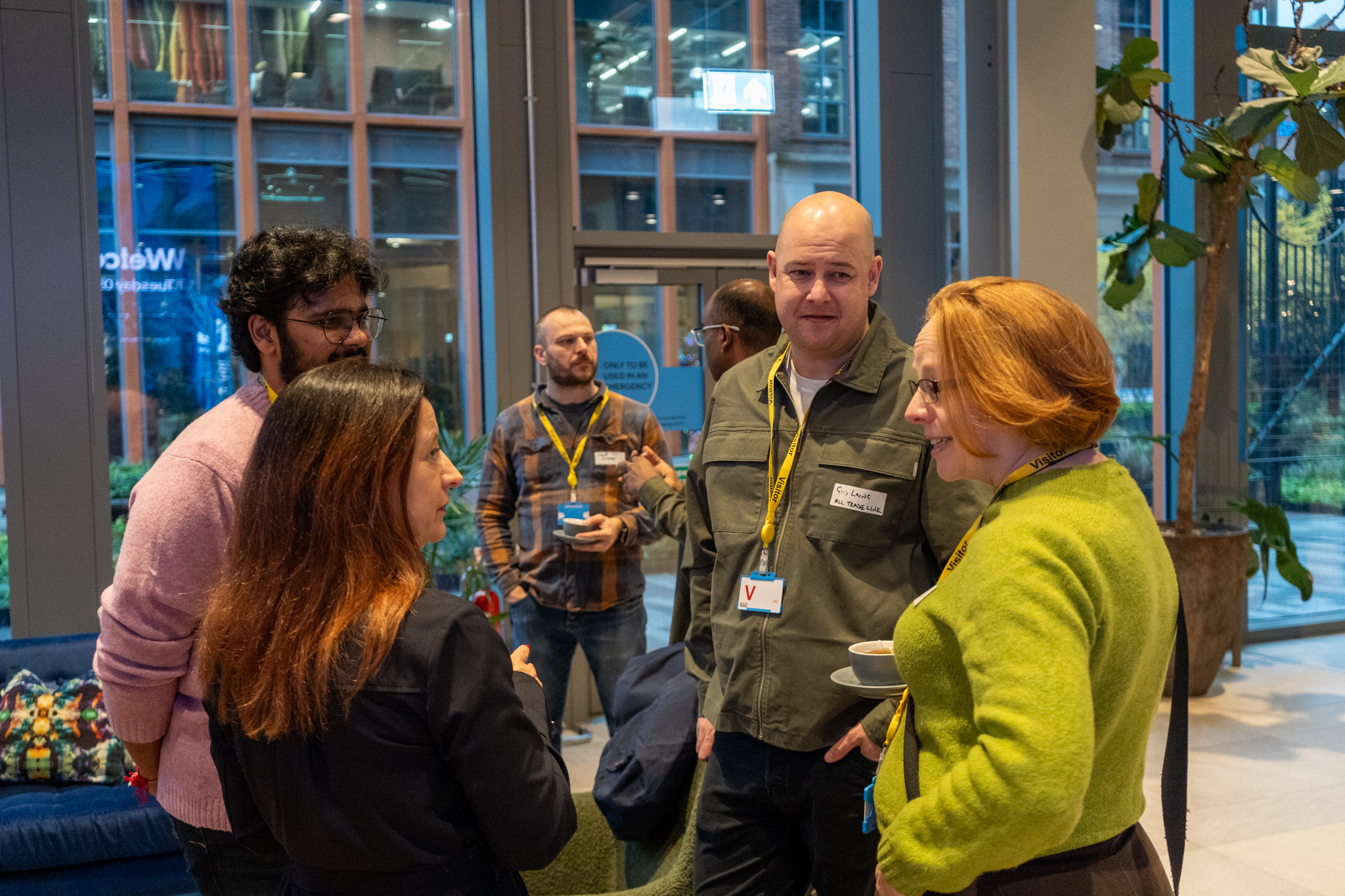
.png)

